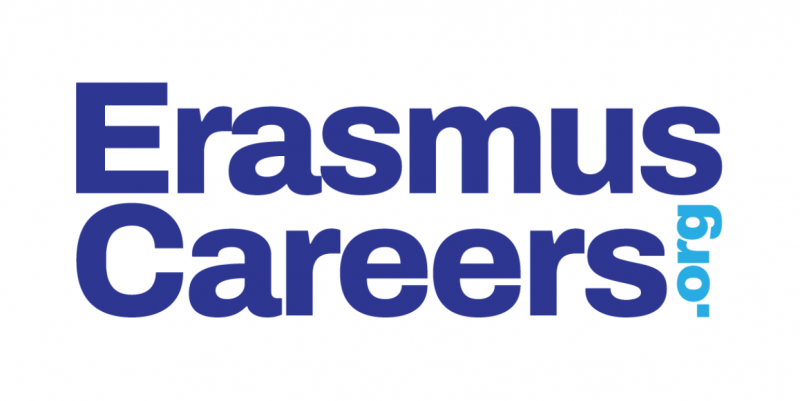

Over the years International student mobility has been increasing. The international student lifecycle is a process that ‘ends’ with the student gaining a wide variety of skills and competencies learned abroad. However, sometimes students AND employers do not recognize what skills have been acquired abroad and how this can be important for future careers.
In response to this, Expertise in Labour Mobility (ELM) is working on the ErasmusCareers Project. The project is a collaborative cross-European partnership between Erasmus Student Network (ESN), Aristotle University of Thessaloniki (AUTH), Lifelong Learning Platform (LLLP), Tilburg University (TiU), and Universidad Autónoma de Madrid (UAM), part of ERASMUS+. The aim of this project is to “unpack” what international students have gained during their time abroad.
ErasmusCareers is a 3-year project. During this time the 6 partners will conduct a variety of activities, such as outlining learning paths for students, doing (a lot of!) research about the employability of international graduates, creating a competence framework for Erasmus students, next to our (insightful & fun) partner meetings and a final conference in Brussels (watch this space for that conference – you do not want to miss it!!). In short, these are some of the things that the ErasmusCareers team will be working on in order to achieve the following objectives:
For more information have a look at the website of the project.

“Funded by the European Union. Views and opinions expressed are however those of the author(s) only and do not necessarily reflect those of the European Union or the European Education and Culture Executive Agency (EACEA). Neither the European Union nor EACEA can be held responsible for them”.
